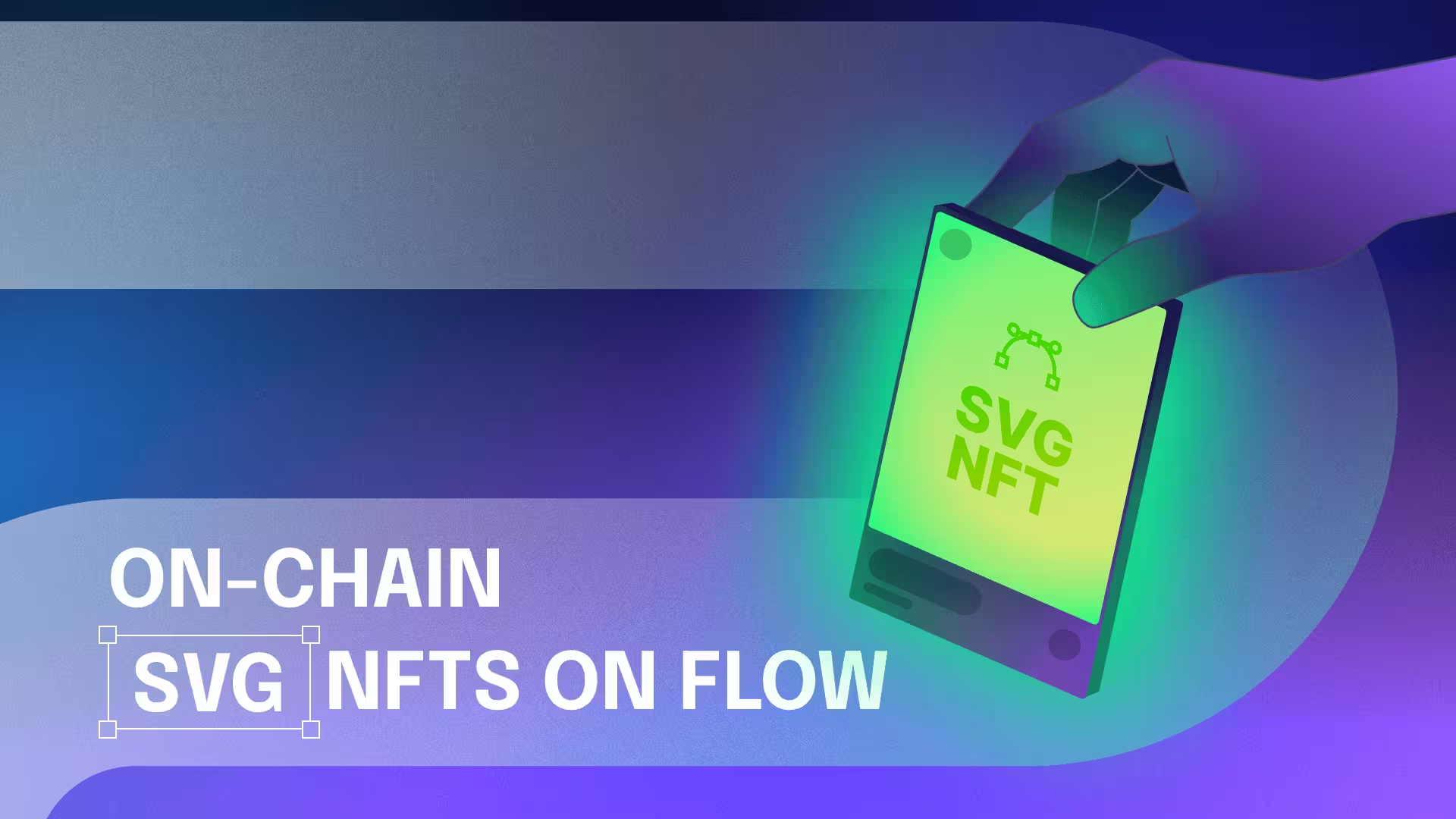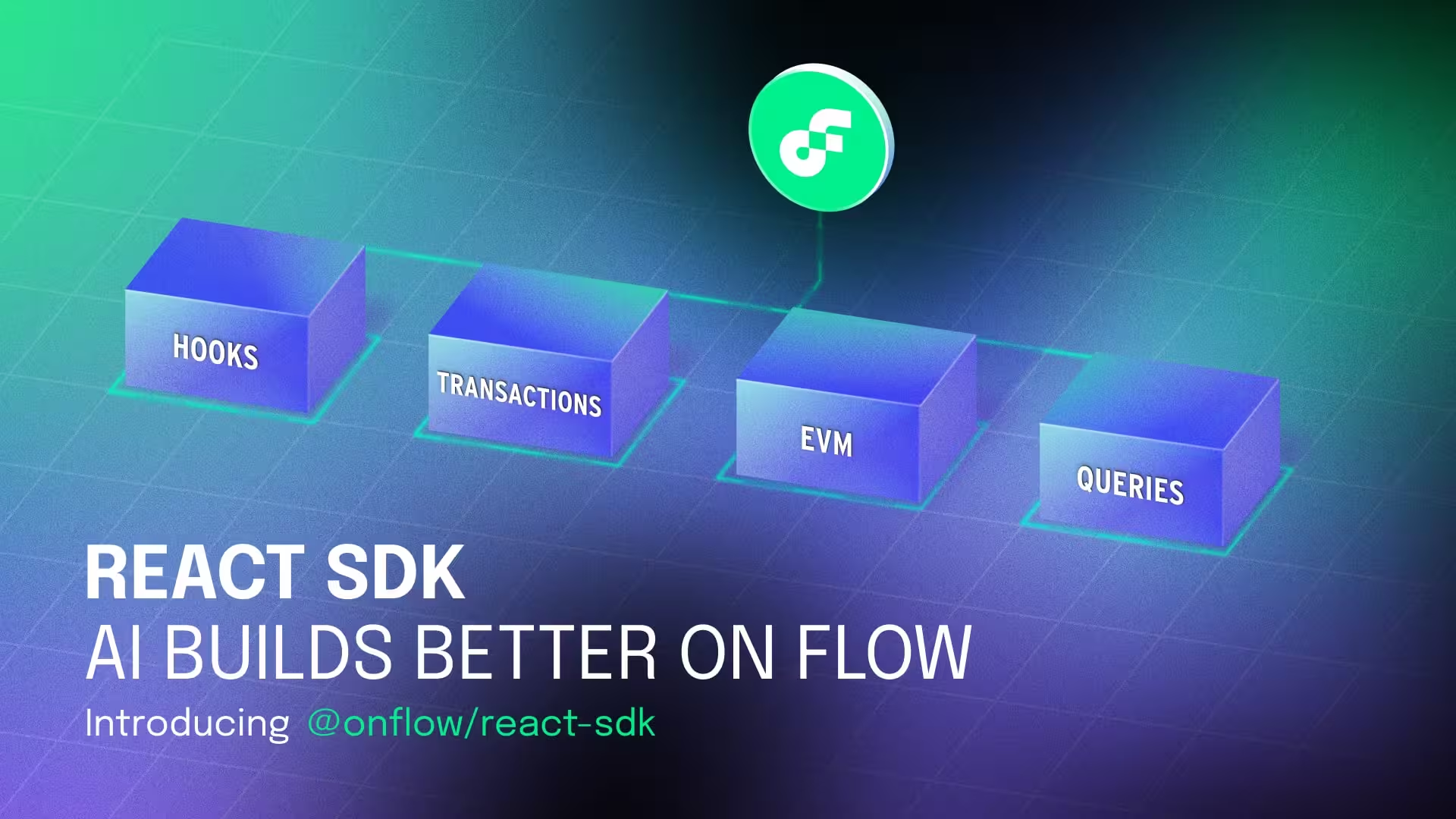
While we welcome a regulatory environment that brings greater clarity to the rules for operating in the Web3 space, we remain confident in how Flow has been carefully built from day one to be the decentralized computational layer for mainstream Web3 experiences.
In this post, we’ll reaffirm some of Flow’s core attributes that help to keep the network distributed, accessible, secure, and compliant so developers can remain focused on their projects.
Flow is a decentralized network managed by a global community
The Flow blockchain is decentralized, meaning control and decision-making authority is distributed across the network and not held by one central entity.
Flow currently has 448 nodes, the foundational elements of the Flow blockchain. Any developer can become a node validator and operate a node by staking FLOW tokens, which prevents any single entity from controlling or abusing the network. Decentralization and network availability are also not dependent on a single country or service provider’s policies, as 226 Flow nodes operate across 15 countries in North America, Europe, and Asia.
A Flow node operator’s control and decision-making power is defined by how much of a stake they have in the network. To prevent any overtly centralized decision-making or malicious attacks, Flow has set even higher conscientious standards than most Proof of Stake (PoS) chains. It mandates that no operator – including Flow’s original creator, Dapper Labs – is allowed to run more than 33 percent of consensus nodes in the network.
With permissionless smart contract deployment, anyone can build on Flow
Anyone can build on Flow without asking for approval. Permissionless smart contract deployment on Flow allows any builder to deploy a contract to mainnet without review.
More than 3,100 contracts have been deployed on Flow mainnet to date – with more than 36,000 on testnet – underpinning a variety of dApps across gaming, DeFi, collectibles, fashion, and much more. Because all are welcome, our robust community of builders, brands, and end users continues to grow and become more vibrant.
FLOW tokens have widespread utility in the Flow ecosystem
The FLOW token is a versatile utility token that serves as the lifeblood of the Flow network, enabling users to perform a variety of actions within the ecosystem.
As the primary token of exchange within the Flow ecosystem, FLOW delivers unique value for different stakeholders, including:
- Developers: FLOW is used to deploy smart contracts that run applications built on Flow, and it’s the exclusive token used for transaction fees on the Flow network.
- End users: The FLOW token enables users to participate in various experiences built on Flow, including apps and games, and it’s the primary token used for transacting digital assets built on the Flow network.
- Validators: Validators and delegators must stake a certain amount of FLOW tokens to actively contribute to the network's security and consensus mechanism.
- Believers: Token holders have the power to submit and vote on proposals that shape the direction and evolution of the network.
Keeping the Flow ecosystem safe, secure, and compliant is paramount so the builders in our ecosystem can focus on what they do best – building the future of Web3. We support an open and engaged dialogue between industry, government, and policymakers as we work to strengthen and secure the industry, while preserving the innovative spirit that has motivated it to date.


















